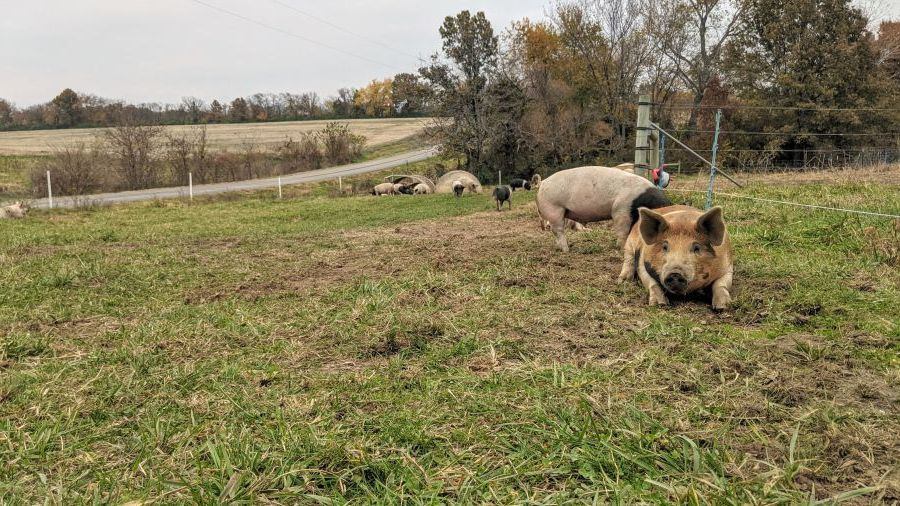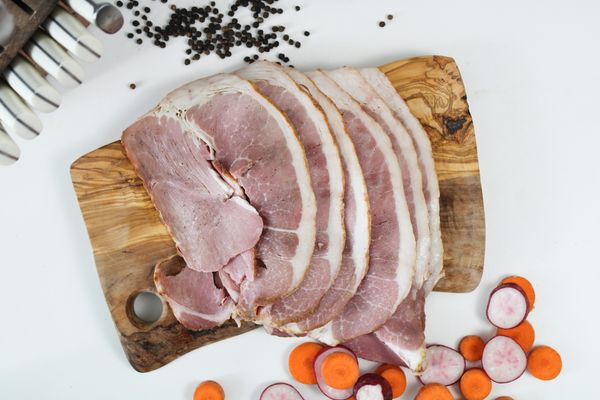From a Small Farmer: What You Need to Know About the Bird Flu
For the last two weeks I've promised an article on the current Bird Flu situation in the U.S. Well here it is! There's more going on than meets the eye, but also more hope than you might have been given by news outlets to this point. There are many factors involved in the current egg situation in the U.S., so please bear with me as I do my best to explain what I know in a way that makes sense and doesn't take too much of your time.









